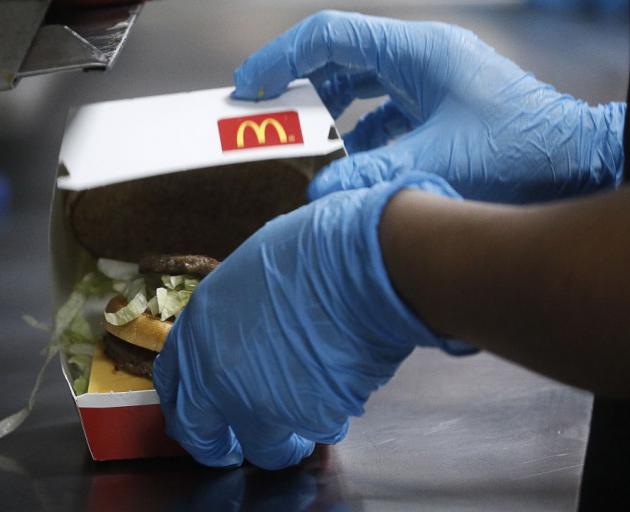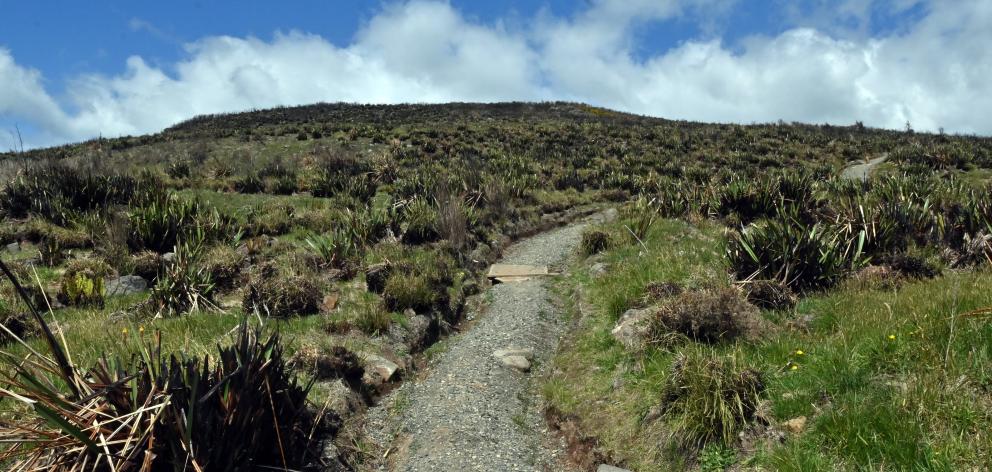
So what does that mean for you? What are we allowed to do? Read on!
Can I leave the house?
Jacinda Ardern has said: "Stay home. If you are not at work, school, exercising or getting essentials, then you must be at home, the same as at Level 4."
She said you can exercise at parks or beaches within your region, but the closer to home the better. Activities must be safe – keep 2 metres away from anybody not in your bubble - and make minimal trips.
You can go for a swim or a surf and fish from the shore or a wharf, but don't cast off from the rocks or use the boat. But make sure you do these safely and don't use it as an excuse to catch up with all your surfing or swimming buddies.
Police will be on the lookout for people congregating.
Also, don't even think about picking up a new hobby and try to surf for the first time. This could put you and others at risk, so stick with going for a quick dip and stay within your comfort levels.
How far can I drive?
You can drive "a short distance", but you should still keep it local.
Travel between regions is only allowed for the following essential personal movement:
• Workers travelling to do essential work
• Going to work or school (only in neighbouring region)
• Shared bubble arrangements
• Relocating a home or business
• Those travelling for medical reasons
• Emergencies and giving effect to court orders
• Those who have an exemption to travel because of compassionate reasons
• Foreign nationals leaving New Zealand (except Cook Strait ferries)
• People arriving in New Zealand from overseas and returning home after 14 days' isolation/quarantine at port of arrival (except air and marine crew).
Can I go back to work?
Most, but not all, businesses can start to reopen at alert level 3 but Arden said if people can work from home, they should.
If that's not possible, staff have to make sure they keep 1m between each other, record who they interact with, have good hygiene practices and surfaces are disinfected.
So industries like construction, forestry and manufacturing can get back to work - as long as they have those safe-practice measures in place.
"Covid-19 has spread in workplaces, so the quid pro quo of being able to open is doing it in a way that doesn't spread the virus," Ardern said.
But if businesses involve face-to-face contact, they'll have to keep the doors closed. That includes gyms, house cleaners, hairdressers, sales people and masseuses. These, however, will be able to open under alert level 2 with the right measures.
"Customers cannot come onto your premises," Ardern said.
"Unless you are a supermarket, dairy, petrol station, pharmacy or permitted health service. Your business must be contactless. Your customers can pay online, over the phone or in a contactless way. Delivery or pick-up must also be contactless."
The Government has given these examples for businesses opening:
• If you run a takeaway business, you can reopen it if you have pre-ordered contactless pick up, or can do home delivery.
• A real estate agent can open, but people should work from home if they can. The agent can enter someone's home but can't have customers in the office. You cannot run an open home.
• Construction businesses can start work again but strict hygiene measures must be put in place – and office staff who can work from home should do so.
Will schools be open at alert level 3?
Ardern said she still wanted the majority of children learning from home.
Early learning centres and schools will physically be open for up to Year 10 for families that need them.
"At-risk students and staff should also stay at home, and they will be supported to do so."
Tuesday will be a teachers only day and Wednesday will be the first day of term.
Secondary students in Years 11-13 and tertiary students will mostly continue distance learning at home because children over 14 years old can legally be at home by themselves.
Tertiary education facilities may open for limited activities involving small stable groups of up to 10 people who do not change. Research and hands-on learning like trades courses that can't be done off campus can happen in small groups with appropriate physical distancing.
Can I get a takeaway meal?
Yes, you can get your favourite takeaway as long as you can place your order and pick it up without face-to-face contact.
For example, you can use your local KFC or McDonald's drive-through or order a curry through a delivery service.
What does extending your bubble mean?
Under alert level 3, you can add more people into your bubble but the mantra is "keep it exclusive and keep it small".
But, for example, if you have extended whānau, a caregiver that you need, children in shared care, a de facto partner who is caring for others, or you're a single person who wants the company of a sibling, you can relax your strict bubble - a little.
The Government says: "Always keep your bubble exclusive, and keep it small."
You'll also need to know exactly who's in your bubble so you can contact-trace in case there's an outbreak which affects you.
Are funerals and weddings allowed?
Funerals, tangi and weddings can go ahead under alert level 3 but will be restricted to no more than 10 people and you'll need to keep a list of who attended.
But you can't share a meal, food or a reception afterwards.
Can I go for a tramp?

You can also go mountain biking but, again, don't do anything too challenging where you could injure yourself or others.
Can I go see my grandparents or kaumātua?
People over 70 are still vulnerable to the virus, as are those who have pre-existing conditions so it's really important they're kept safe.
Ideally, you should limit the people interacting with them, especially if they're sick, and also keep using good hygiene measures. If your bubble has both a child and an older person, it's advisable to keep your tamariki home from school.
But it's really important to make sure older New Zealanders aren't totally isolated as they could get lonely. The Government is still working on advice to keep these people safe.
In the meantime, Director General of Health Ashley Bloomfield said people would have to use their judgment.













